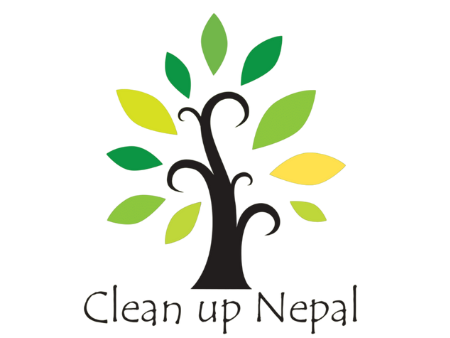Targeted Beneficiaries
20000+
Households and residents across Nepalgunj Sub-Metropolitan City
10000+
Community members engaged through clean-up campaigns
700+
Students in environmental awareness programs
50+
Teachers and students trained on environmental education
20+
Schools integrating waste education programs
40+
Awareness events and training sessions conducted
12+
Informal Waste Workers provided with PPE, training, and insurance
400+
Public complaints resolved via Safa Nepal app
Green Nepalgunj: Community Waste Transformation
Funding/Support Organization
- The Coca Cola Foundation
Partners
- Bageshwori Asal Shasan Club (BAS Nepal)
Project Duration
1 April 2025 Onwards
Project Goal
To establish a comprehensive and sustainable waste management system in Nepalgunj Sub-Metropolitan City that effectively addresses plastic pollution, supports informal waste workers, and promotes public participation through environmental education and infrastructure.
Objective
- Establish a Material Recovery Facility (MRF) for plastic waste.
- Conduct city-wide awareness campaigns and clean-up drives.
- Integrate environmental education in 20+ schools through ZWAS.
- Provide training, PPE, and insurance to informal waste workers.
- Launch and implement Safa Nepal digital complaint & monitoring system.
Project Outcome/Output
- At least 30% of plastic waste diverted from landfills.
- 1 fully operational MRF established and managed.
- Over 700 metric tons of plastic processed annually.
- Zero Waste at Schools (ZWAS) program implemented in 20+ schools.
- Digital waste management (Safa Nepal) platform rolled out for 20,000+ residents.
- Occupational health and safety training delivered to waste workers.
- Community-led clean-up drives held across target wards.
- Local governance engaged through policy support, monitoring and M&E.
Targeted Beneficiaries
350,000
Community people residing the river corridor
10
Schools covering 1000 students
500
IWWs and 2 aggregators (prioritizing vulnerable communities and women)
Geographical Location
Nepalgunj Sub-Metropolitan City, Banke District, Nepal.
Project Description
The Green Nepalgunj: Community Waste Transformation project is a collaborative initiative led by Bageshwori Asal Shasan Club (BAS Nepal) in partnership with CLEAN UP NEPAL, aimed at establishing a comprehensive and sustainable plastic waste management system in Nepalgunj Sub-Metropolitan City. The project addresses critical gaps in waste segregation, recycling infrastructure, and public awareness by constructing a state-of-the-art Material Recovery Facility (MRF), promoting environmental education through the Zero Waste at Schools (ZWAS) program, and launching the Safa Nepal digital waste management platform. Community mobilization will be central to the project, with regular clean-up drives, door-to-door awareness, and active participation from local leaders. Informal waste workers will be supported with training, personal protective equipment (PPE), and health insurance, and will be integrated into formal systems to ensure safety and job security. Spanning 18 months, the project aims to divert 700+ metric tons of plastic waste from landfills, reduce pollution by 30%, and improve the urban environment for over 20,000 residents through inclusive, community-led action.
